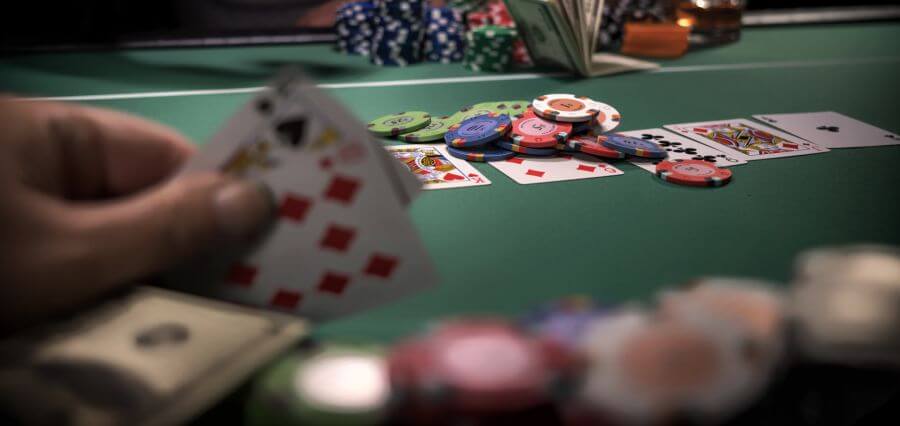Every Poker player should be familiar with unspoken poker rules that govern the game in addition to hand rankings and strategy. These unspoken rules are necessary for a civil and pleasurable poker environment, even though they are not formally enforced. The following are some of the most significant unwritten rules that every poker player should be familiar with:
Respect the Game and Players
Although poker is a competitive game, it’s important to treat other players with courtesy. Avoid being disrespectful, offensive, or unpleasant at the table, as this might make the environment hostile.
Act in Turn
Players should wait until it is their time before speaking or doing something. Fairness is ensured, and information sharing with other participants is prevented by acting in turn.
Keep Your Cards Visible
Never tuck your hole cards beneath the table or in your lap; always keep them out in the open. By doing this, charges of fraud or collusion are avoided.
Don’t Show Your Cards to Others
While a hand is still being played, revealing your hand can affect how other players behave. At the showdown, once all betting has been completed, only expose your cards.
Don’t Slow Roll
To trick opponents, slow rolling is the practice of taking an excessively lengthy time to disclose a powerful hand in the showdown. It’s considered bad manners and could cause conflict at the table.
No String Bets
Make your wager or raise in a single, fluid motion. Avoid placing string bets, which include declaring a wager and then increasing it thereafter. In poker, string bets are prohibited.
Control Your Emotions
Although poker can be an emotional game, it’s important to maintain your composure. When winning, refrain from extravagant celebrations; when losing, keep your frustration to yourself. To maintain a positive environment, control your emotions.
Pay Attention
Keep your attention on the game and keep it that way. You can make more informed decisions and avoid dragging down the game by keeping an eye on the action.
Tip the Dealer
It’s usual to tip the dealer after you win a pot. Tipping employees express gratitude for their efforts and foster a welcoming environment.
Don’t Give Unsolicited Advice
While giving poker advice might be beneficial, doing so in the middle of a hand can be infuriating and interfere with play. Unless they specifically seek help, refrain from commenting on other players’ activities.
Respect the Cards
Affected or marked cards may raise suspicions of cheating, so avoid doing either. To guarantee a fair and impartial game, handle the cards with care.
Don’t Discuss the Hand While It’s Ongoing
While the present hand is still being played, avoid discussing it. Such conversations are often seen as bad form and have the potential to affect the outcome of the hand.
Follow House Rules
Every casino or poker room may have unique house rules. Before beginning the game, become familiar with these rules, and play by them.
Concluding Remarks
Poker players can support a pleasant and respectful gaming environment by being aware of and abiding by these unwritten poker rules. A sense of camaraderie among players is fostered, and the whole experience is improved by playing with good manners. Remember that interactions and good sportsmanship are just as important to the game of poker as the cards themselves.
Read More: https://insightssuccess.com/


